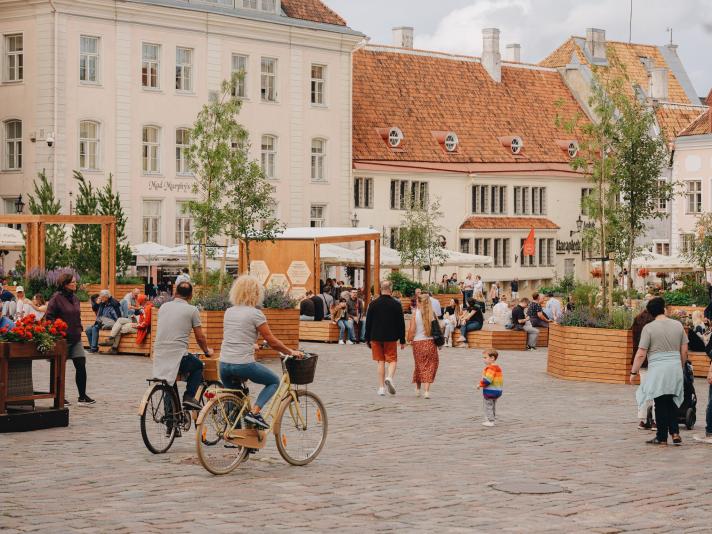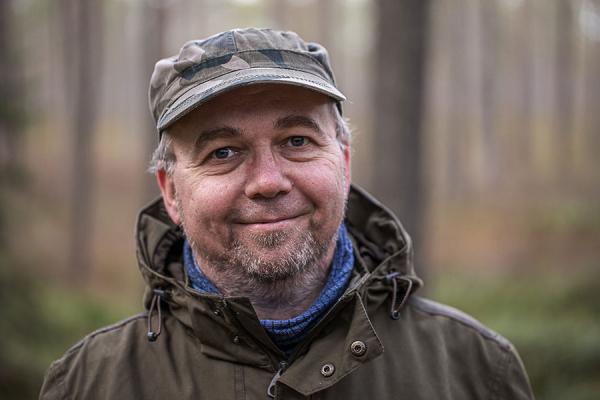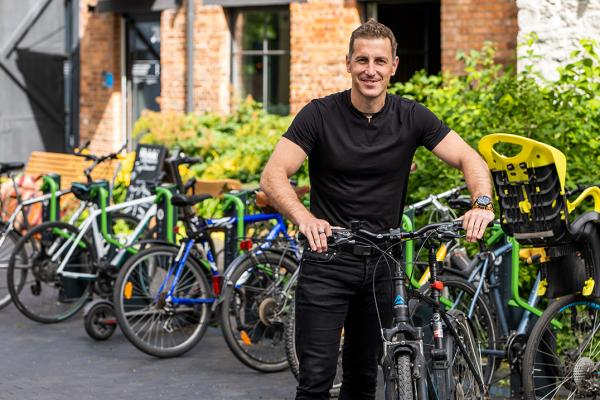
Winning the title provided strong momentum for Tallinn’s green transition, embedding environmental and sustainability goals into the city’s daily activities and fostering widespread awareness among its citizens.This prestigious title has special meaning for Tallinn as the concept of the European Green Capital came from Jüri Ratas, the city’s mayor from 2005 to 2007, before being officially launched by the European Commission in 2008.
Tallinn launched numerous green initiatives throughout 2023. Circular economy hubs and repair workshops were established, reflecting the city's commitment to reducing waste. The ‘Green Tracks’ project brought green spaces into urban environments with pop-up parks, fruit tree plantings and wildflower meadows, revitalising city areas and enhancing urban biodiversity. Tallinn's focus on sustainable urban space transformation included projects like the Pollinator Highway, which promoted community gardening and ecological enhancements. This initiative, among others, emphasised engaging the community in co-creating green, accessible spaces to enhance urban life.
On top of that, the ‘Tallinn 2035 Strategy’ and the ‘Tallinn Climate Action Plan 2030’ are firmly focused on advancing the green transition, which extends beyond the city's natural environment, serving as core principles that underpin the entire society and economy.
Partnerships played a key role in the year's successes as it was one of the main goals for their title year. Collaborating with a local green-focused utility, Tallinn invested in cutting-edge renewable energy solutions, including wastewater and seawater heat pumps and biogas, to reduce dependency on fossil fuels.
The involvement of citizens, and especially green ambassadors, has been a key input from Tallinn. Heidi Solba, Lauri Klein, Ralf-Martin Soe, Kristjan Lind, Ines-Issa Villido and Aljona Zueva participated in the Citizen Diaries project during Tallinn’s title year. The green ambassadors emphasised the need for close collaboration between the city, companies and non-profit organisations. They also recommended that the city dedicate more time to planning, as the one-year preparation period for the European Green Capital was deemed insufficient.
To manage the ambitious agenda, Tallinn established a dedicated ‘Green Capital Office’, supporting collaboration among government, business and the public. Its achievements, from improving public transport to fostering eco-friendly lifestyles, were celebrated through partnerships and international fora, ensuring that the impact of 2023 will resonate for years to come.
The EU Green Capital legacy
Tallinn’s year as the European Green Capital left a lasting legacy and has carried on implementing innovative sustainability projects in 2024, inspiring and setting an example for other cities.
Many of the actions of 2023 still go on. The Tallinn Sustainability Governance Hub united over 30 cities across Europe and international organizations to bridge the gap between ambitious sustainability goals and actionable solutions. The project Green Tracks, meanwhile, focuses on mixing ecological improvements with community engagement, planting 304 shade trees, 14 flower meadows, and 9 food forests, alongside creating parklets and pop-up parks. Finally, Test in Tallinn acts as a testing ground for innovation projects and over 80 activities, showcasing Tallinn’s commitment to experimentation and scaling sustainable solutions.
Building on its achievements as European Green Capital, Tallinn participated in the UN World Urban Forum that took place between 4 and 8 November 2024 in El Cairo, showcasing its leadership in sustainable urban development. The session ‘Local Perspectives: Cities Leading the Way to Achieving the SDGs’ underscored the pivotal role cities play in advancing the Sustainable Development Goals (SDGs) through localised strategies. As a case in point, Tallinn’s contribution underscored the importance of community engagement, multilevel governance, and institutional collaboration. Initiatives like the ‘Pollinator Highway’ exemplified how inclusive urban planning can simultaneously address ecological challenges and foster social cohesion.
By linking its local efforts to global goals, Tallinn demonstrated how cities can be at the forefront of transformative action, offering a scalable model for achieving sustainability in urban contexts.
Details
- Publication date
- 12 December 2024
- Author
- Directorate-General for Environment








